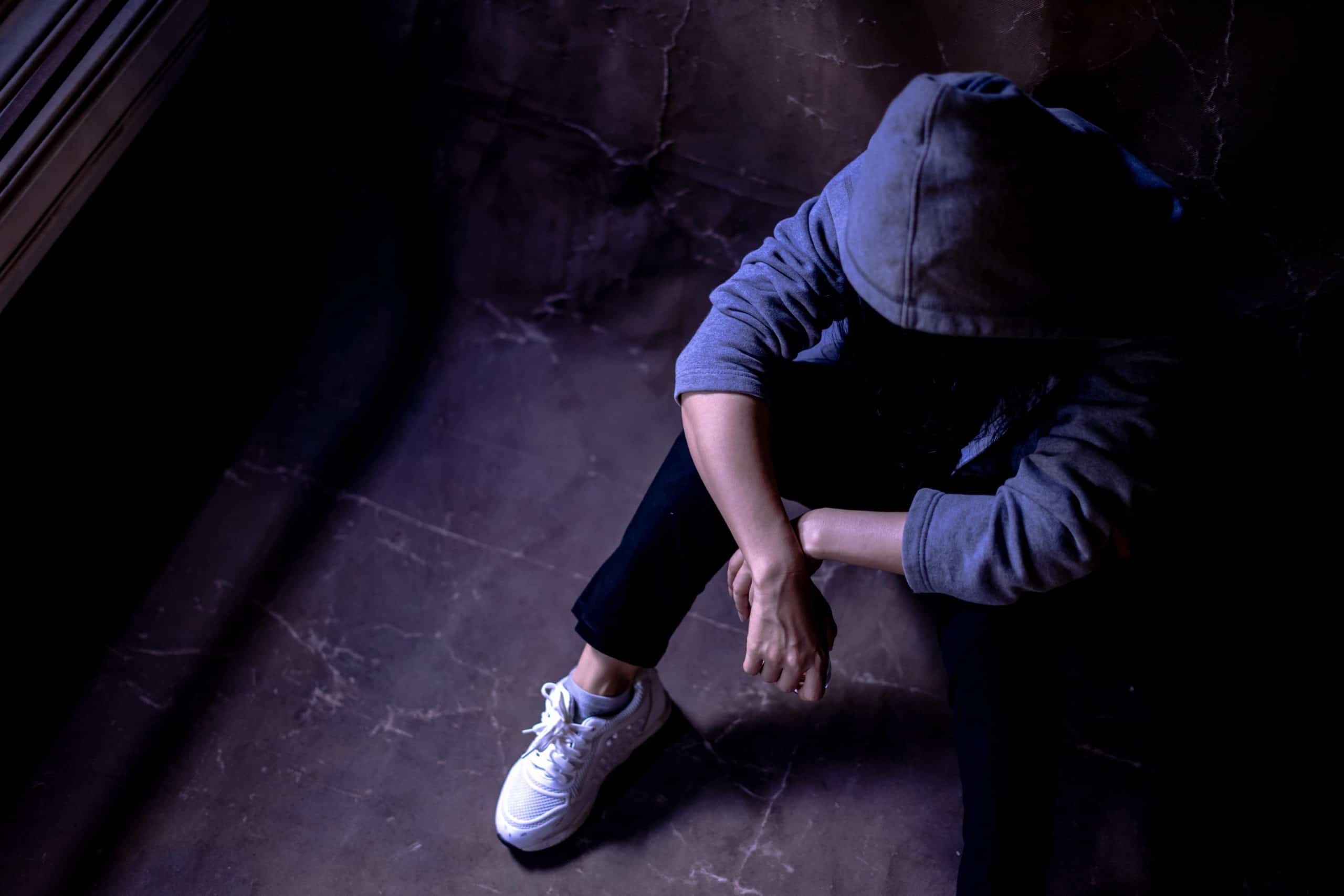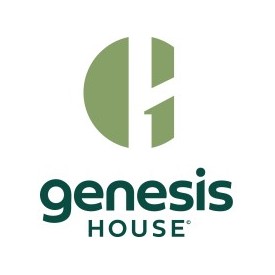Triggers come in many shapes and sizes. Some of them will surprise you; a song that comes on the radio you used to shoot up to, or a street sign brings back flashes of the place you used to meet your dealer. There are different types of triggers that can cause relapse, and all of them are covered in a good substance abuse treatment program.
Types of Substance Abuse Triggers
Every trigger can be broken down into different categories: physical, emotional and environmental are the main three. Physical triggers are often intertwined with your environment; sights, smells and sounds that all bring back memories of when you used to drink or do drugs.
Emotional triggers can be influenced by your environment as well; objects, people and familiar places all carry memories that can bring up old feelings you may have once used drugs to cope with.
Your environment may not be somewhere easy to avoid; many people live with others who abuse drugs or drink regularly, whether it’s a partner, their family or roommates. Staying sober means you have to find ways to either avoid these triggers to change your environment altogether.
Many rehabs offer sober housing for people whose previous environment’s aren’t productive to their recovery.
How Rehab Helps You Overcome Triggers
Coping with substance abuse triggers takes patience and skill; it won’t always be easy, no matter how well you know what to do. Even the best coping strategies can’t always take away the urge to relapse, which is why having an escape plan and accountability partner are important components of recovery.
How you respond to a trigger will vary on any given day; you may face something triggering on a good day and be able to move past it with relative ease. If you’ve been feeling low, though, a minor trigger can push you over the edge.
That’s why the best rehab programs are designed to do more than just teach you how to handle triggers; they’ll help develop emotional intelligence, build resilience, learn how to cope with stress and manage tough situations in healthy ways.
Types of Therapy for Substance Abuse Triggers
Avoidance is a useful strategy, but it isn’t always feasible. Plus, if you only rely on never seeing a trigger as your way of dealing with it, you’re more likely to relapse if you’re ever faced with it. Different types of substance abuse therapies have their own way of helping people learn how to cope with their triggers.
Cognitive behavior therapy, for example, emphasizes recognition and healthy coping skills in addition to avoidance. While you should steer clear of any environmental triggers whenever possible, it’s important to also know how to recognize them and know how to react when they do arise.
Relapse prevention therapy is one of the most effective forms of coping with triggers; you’ll be able to learn about the subtle warning signs of relapse including increased thoughts of using substances, downplaying your feelings about using again and planning ways you could control your use better this time around.
Look for a rehab that offers relapse prevention during treatment as well as continued therapy. Attending support groups, entering outpatient therapy and attending individual counseling sessions can help you avoid succumbing to triggers.
Managing Substance Abuse Triggers
Your sobriety is the most important thing in your life; everything else is depending on it. Does this mean that you can’t bounce back if you relapse? No, but it does mean you should do everything in your power to avoid having to deal with the guilt, shame, embarrassment and hopelessness that comes from using again.
Identifying some of the most common environmental triggers for substance abuse can be a helpful part of planning your life after rehab. Some of these may surprise you.
– Holiday celebrations and birthday parties
– Social gatherings
– Having free time and being alone
– Feeling bored
– Being offered a drink
– Seeing other people drink, smoke or do drugs, even just on TV
– Loneliness
Cravings don’t last forever, no matter how strong they are. If you can find a way to get away from a trigger as soon as possible, it will be easier to deal with the aftermath. Of course, all of this happens day by day, and the foundation is laid during your time in a licensed rehab.
To learn more about recovering from substance abuse, contact us today. Whether you’re looking for outpatient therapy, local support groups or a residential program, we’re always available to help connect you with the best rehabs near you. Contact us any time at 855-936-4435.










